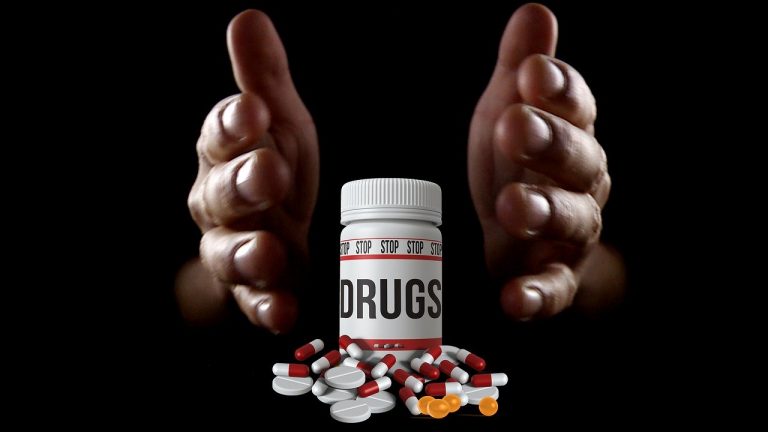You’ve noticed something about your loved one has been a bit off lately. Maybe it took you a while to realize it. Maybe you didn’t want to realize it, but there’s little doubt in your mind at this point. You think your loved one is abusing drugs.
It’s a devastating thought, but how can you be a hundred percent sure? There are many signs that may indicate abuse of drugs in a loved one, but you have to know what to look for.
Physical Signs of Drug Abuse in a Loved One
Pay attention to their face. Drug abuse can cause the person’s pupils to dilate. You may also notice their eyes have become bloodshot or yellowish. If their skin has also turned yellowish, it could be a sign of liver issues. You may also notice they seem to be aging quickly or have begun developing sores on their face.
If your loved one is sniffing or sneezing more than usual, or experiencing frequent bloody noses, it could be a sign that they’re snorting drugs such as cocaine.
Look for any changes in habits, particularly eating or sleeping. Drug abuse can cause disruption in metabolism and sleep patterns. A loved one abusing drugs may find themselves able to stay up for days at a time, or unable to achieve restful sleep. They may also lose or gain a significant amount of weight in a short period of time.
Are there any physical marks? Try to notice any scars or marks on your loved one’s arms or legs. These may indicate that your loved one is injecting themselves. Your loved one may begin to wear long sleeves and pants, even in the summertime, to hide any signs of injection.
Behavioral Signs of Drug Abuse in a Loved One
Has their circle of friends changed? If your loved one is using drugs, they had to have gotten them from someone. Does it seem like they’ve started neglecting older friendships in favor of new, questionable people? On its own, a change in friends isn’t necessarily an indicator of a drug problem, but if it happens alongside any of the other warning signs in this article, it’s something to keep an eye on.
They’ve become secretive, distant, or moody. You may notice your loved one has been acting suspiciously, and you may feel like he or she is lying to you. You might also see they are no longer interested in activities or hobbies they used to enjoy, in conversing with you, or that their job performance has suffered.
Remember that not every case of drug abuse means an addiction is present. If you believe your loved one is abusing drugs, confront them calmly and respectfully, as early as you can, to find out what’s going on.

